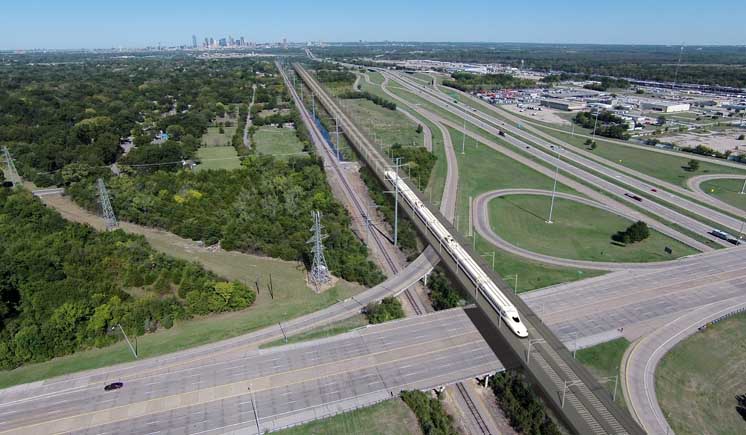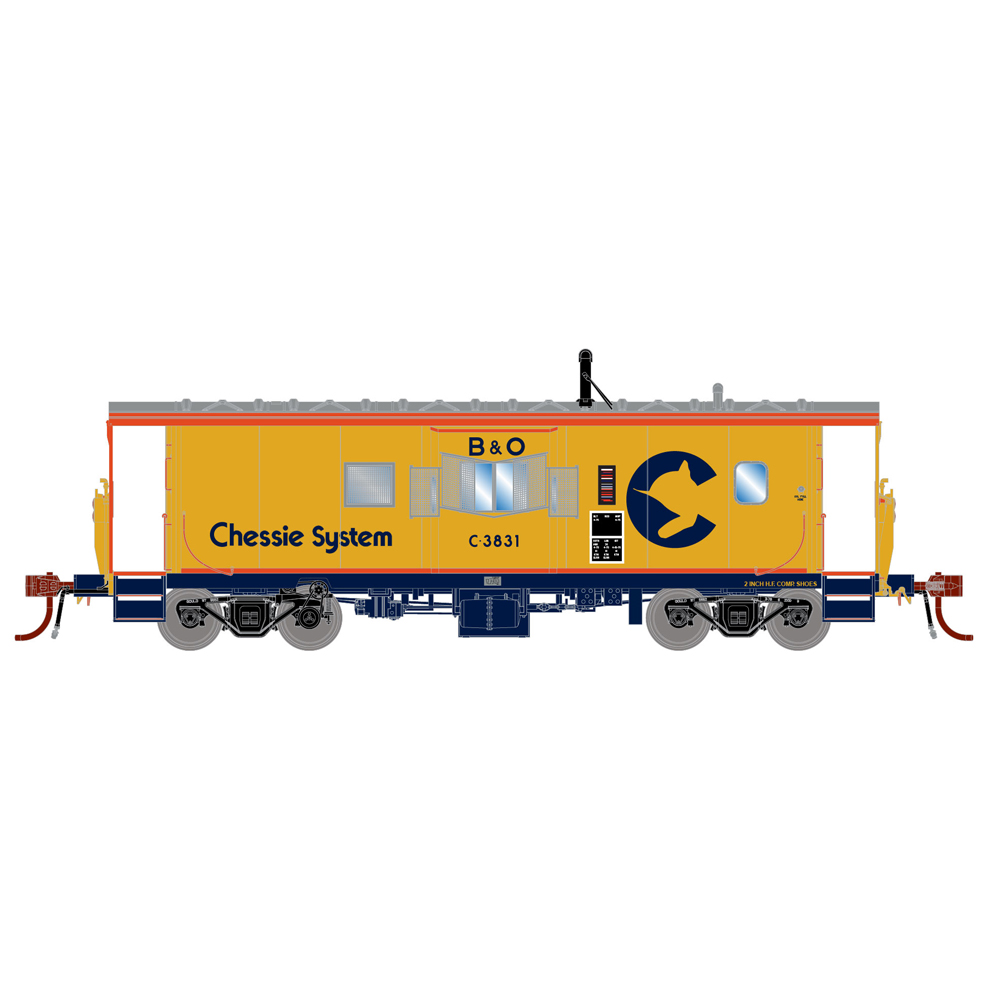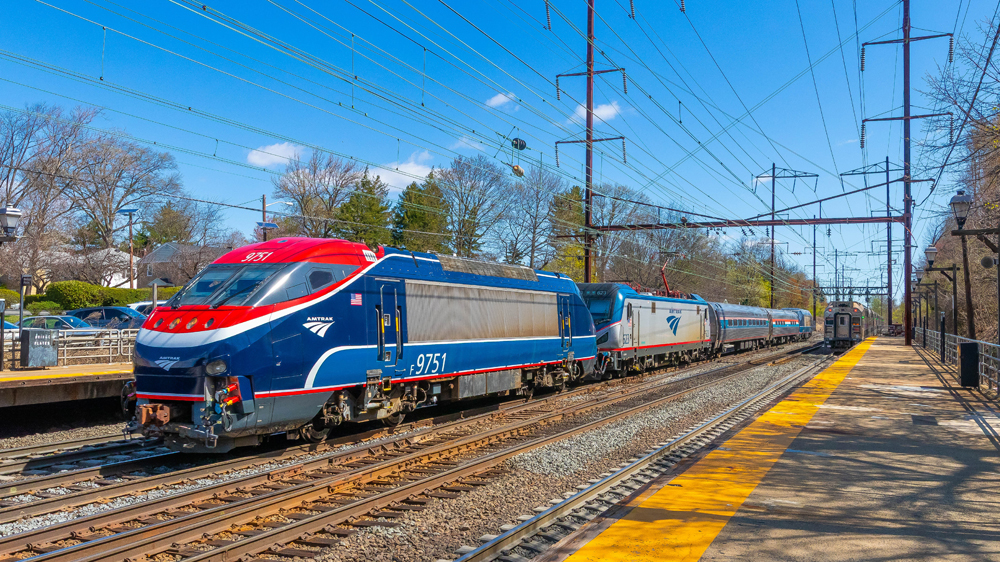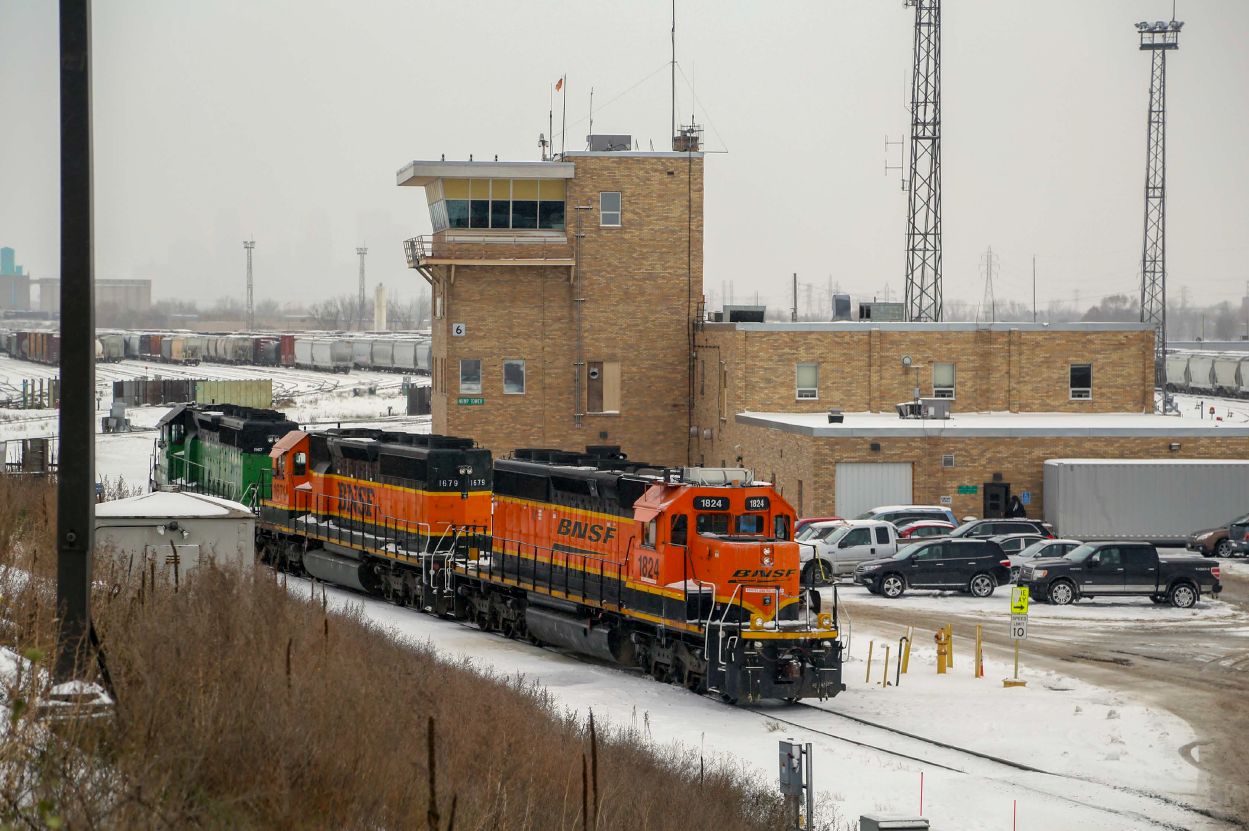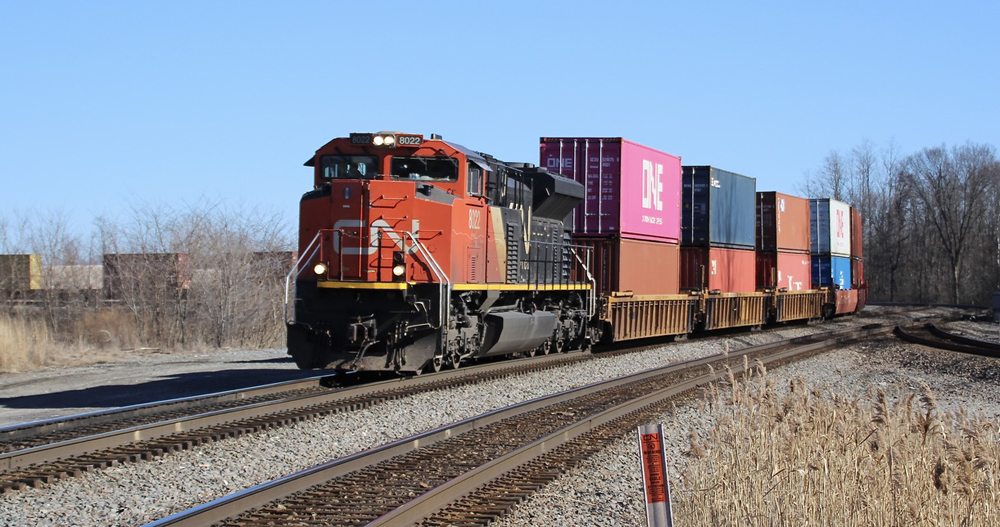
OTTAWA — Canada’s labor minister has ordered port employees back to work in British Columbia and Quebec after negotiations between unions and terminal operators reach an impasse.
“I have directed the Canada Industrial Relations Board to order that all operations and duties at the ports resume and to assist the parties to settle their collective agreements by imposing final and binding arbitration,” Labor Minister Steven MacKinnon said today.
Workers at British Columbia ports, including Vancouver and Prince Rupert, have been locked out since Nov. 4, putting a dent in Canadian National and Canadian Pacific Kansas City international intermodal volume.
In Eastern Canada, workers at the Port of Montreal were locked out over the weekend after the rank and file overwhelmingly rejected a new contract offer. CN and CPKC also handle container traffic at the Port of Montreal.
François Laporte, national president of Teamsters Canada, criticized the decision to order binding arbitration.
“This government needs to practice what it preaches when it comes to workers’ rights. Just like during the lockouts at CN and CPKC, the government has once again caved to corporate interests, destabilizing labour relations in our country. The Labour Minister’s decision to constantly intervene in collective bargaining by forcing unions to binding arbitration, instead of forcing employers to bargain in good faith, effectively nullifies our Charter rights. Unions will fight this to the end.
“Canada is a strong country, and the idea that we are supposedly one strike or lockout away from economic collapse is a baseless narrative,” he added. “We are already challenging the government in the courts to put an end to these repeated violations of our Charter rights. Today’s developments only add weight to our case.”






